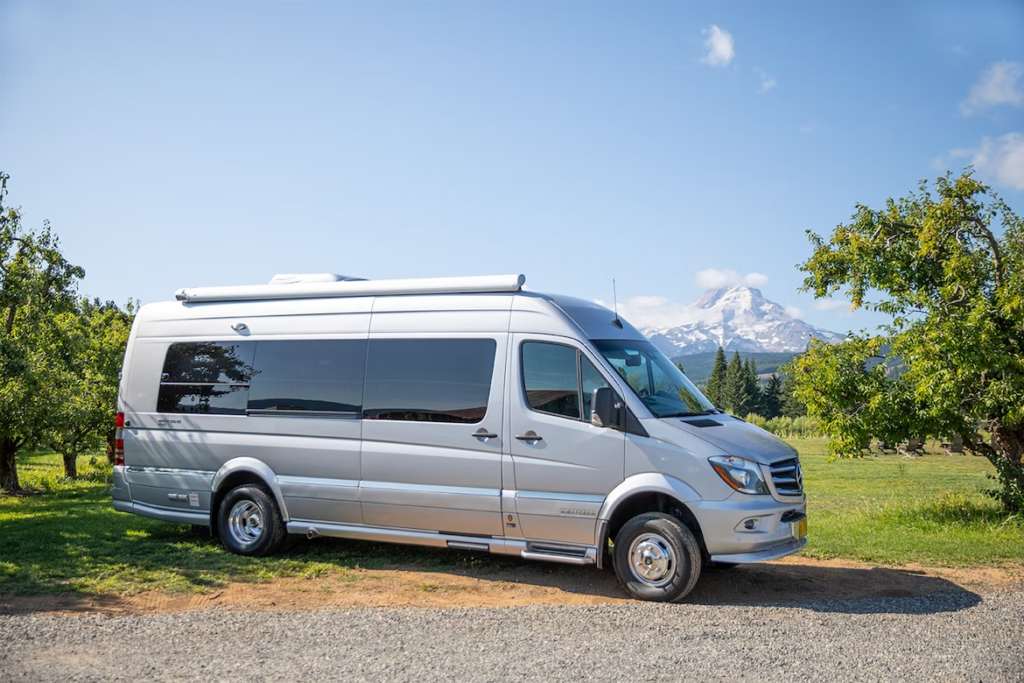How to Save Money When Leasing a Van
Tips for Saving Your Business Money
This article may contain affiliate links.
As the costs of running a business continue to rise, finding ways to cut costs is important. One way you can save money for your business is to lease a van — in fact, leasing can often be cheaper and more practical than buying outright! In this blog post, we’ll provide an overview of how van leasing works and six tips for getting the best possible value when you decide to lease a van for your business. With these ideas in mind, you’ll have all the information you need to help ensure that each penny spent on your next leased vehicle counts.

The Art of Cost-Effective Van Leasing
If you need a new van for your business, but want to stay within your budget, then mastering the art of cost-effective van leasing is a must. Fortunately, there are many ways to do this. For example, keep an eye out for special offers on van leasing, which can help you save money on monthly payments. It’s also important to consider the length of your lease and any additional fees, such as insurance or maintenance costs. By taking the time to research your options and negotiate with leasing companies, you can find a van that suits your needs without breaking the bank. With this comprehensive guide, you’ll be well on your way to becoming an expert in cost-effective van leasing.
Finding the Perfect Fit: Matching Your Needs to the Right Van
Choosing the right van is just as crucial as finding the right lease deal. Before you even start looking at lease arrangements, take a step back and thoroughly assess your business needs. How often will you use the van, and what for? What size of van best matches your requirements? It’s crucial to get a van that’s the right size—neither too small for your purposes nor too large and uneconomical. Also, consider the type of van. If your business requires regular long-distance travel, a van with high fuel efficiency might be the best fit. Shorter routes might move you towards some of the new electric offerings, which promise lower fuel and maintenance costs.
Alternatively, if you’re frequently transporting heavy goods, a high-capacity van may be the answer. By matching your specific needs to the type of van you lease, you’ll avoid paying for unnecessary features or capacity, thereby saving money and ensuring you get the most out of your investment.
Comparing Lease Deals: Research and ID the Best Offers
In the quest for cost-effective van leasing, research is your best ally. Once you’ve determined the kind of van your business needs, it’s time to start shopping around for the best lease deals. Many reputable leasing companies offer competitive rates, and a quick Internet search can provide an initial comparison. However, don’t stop there.
Dedicate time to delve deep into the details of each offer, taking note of the terms and conditions, lease duration and any additional costs that may apply. Be mindful of the fine print, as it often reveals the true cost of the lease. Remember, a low monthly payment might seem attractive, but if it comes with a higher interest rate or hefty charges at the end of the lease, it might not be the best deal.
It’s also worth reaching out to different leasing companies to discuss their offers directly. This not only allows you to negotiate a better deal but can also shed light on the quality of their customer service. A company that is responsive, transparent and willing to work with your specific needs is invaluable.

Negotiating Lease Terms: Tips to Secure a Favorable Payment Plan
A more advantageous payment plan may be obtained by negotiating the van lease’s terms. Here are some guidelines to assist you with this process:
- Know Your Financial Limits: Before you begin negotiations, establish a budget that you can comfortably adhere to. This will help you stay within your financial boundaries and prevent you from agreeing to a lease that may stretch your resources.
- Be Informed: Understand the typical terms and conditions of van leasing agreements. This understanding will allow you to counter any unfair terms and confidently advocate for better ones.
- Don’t Rush: Avoid rushing into a lease agreement. Take your time, review all the details, and don’t be afraid to walk away if the deal doesn’t meet your needs.
- Consider the Whole Package: Review all aspects of the leasing agreement, not just the monthly payments. Consider the length of the lease, mileage limits, additional charges and the return condition of the van that is required.
- Leverage Multiple Offers: If you’re considering multiple lease offers, use them as leverage during your negotiations. Companies will often be willing to match or even beat a competitive offer to win your business.
Calculating Total Costs
When considering a van lease, it’s vital to calculate the total costs, which go beyond the surface level of monthly payments. While a low monthly fee might be attractive, the overall cost of the lease might be higher due to various additional expenses.
Firstly, take into account the initial deposit required for the lease. This deposit, also known as the ‘upfront payment,’ is usually equivalent to a few months of the lease and will directly impact your subsequent monthly payments — the higher the deposit, the lower your monthly payments.
Next, factor in the mileage limits set by the leasing company. Going over the mileage limit can result in additional costs, often on a per-mile basis. Hence, accurately estimating your mileage needs at the outset can prevent unexpected expenses down the line.
Also consider the cost of insuring the leased van, which can vary depending on the type of van, its use and the driver’s experience and age. Remember, insurance is mandatory for leased vehicles and the costs can add up over time.
The key to saving money on van leasing is to thoroughly research your options, negotiate with companies and accurately calculate total costs. By taking the time to assess your needs, compare offers and identify favorable lease terms upfront, you can ensure that you get the best deal possible for your business. With some careful planning and a little bit of effort, finding an affordable van lease doesn’t have to be a daunting task.

1 thought on “How to Save Money When Leasing a Van”